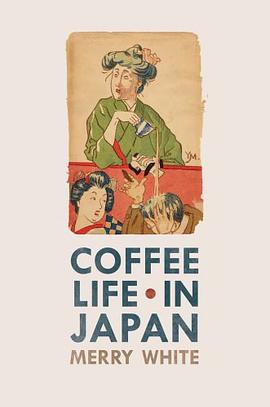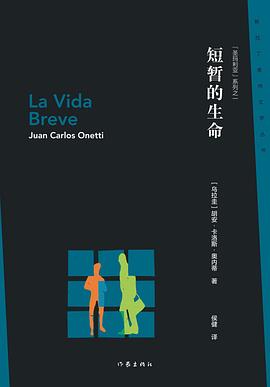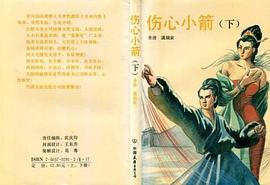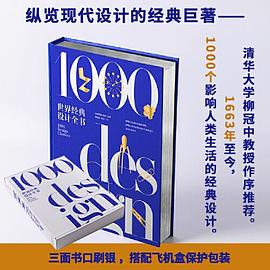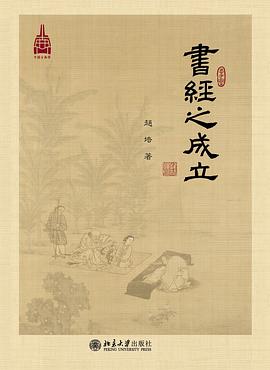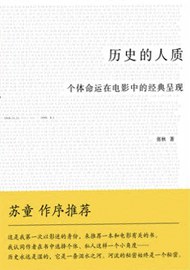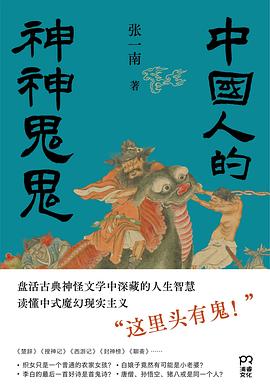Coffee Life in Japan
内容简介
This fascinating book - part ethnography, part memoir - traces Japan's vibrant cafe society over one hundred and thirty years. Merry White traces Japan's coffee craze from the turn of the twentieth century, when Japan helped to launch the Brazilian coffee industry, to the present day, as uniquely Japanese ways with coffee surface in Europe and America. White's book takes up themes as diverse as gender, privacy, perfectionism, and urbanism. She shows how coffee and coffee spaces have been central to the formation of Japanese notions about the uses of public space, social change, modernity, and pleasure. White describes how the cafe in Japan, from its start in 1888, has been a place to encounter new ideas and experiments in thought, behavior, sexuality , dress, and taste. It is where a person can be socially, artistically, or philosophically engaged or politically vocal. It is also, importantly, an urban oasis, where one can be private in public.
......(更多)
作者简介
Merry White (also known as Corky) was born in Washington D.C. and raised in Chicago and Minnesota. She received her degrees (A.B., A.M., and PhD) from Harvard University in Anthropology (East Asian), Comparative Literature (English, French and Italian), and Sociology (Japan). She was Director of the Project on Human Potential at the Harvard Graduate School of Education from 1980 - 1986, a multinational study of learning with case studies in Japan, India, The People's Republic of China, Egypt, West Africa and Mexico. She was also Director of International Education at the School of Education during this period, and from 1976 - 1987 was administrator of the East Asian Studies undergraduate program at Harvard College. In 1987 she began teaching at Boston University and received tenure in 1989.
Her publications include: Coffee Life in Japan, (University of California Press, 2012); Perfectly Japanese: Making Family in an Era of Upheaval (University of California Press, 2002); The Material Child: Coming of Age in Japan and America (Free Press, 1993; Dobunshoin, 1993; University of California Press, 1994); Comparing Cultures (with Sylvan Barnet, Bedford Books, 1995); The Japanese Educational Challenge, (Free Press, 1986, Princeton University Press 1992, and Shueisha, 1992); The Japanese Overseas, (Free Press, 1988); Human Conditions (with Robert LeVine, Routledge, 1987) and Challenging Tradition: Women in Japan, (Japan Society, 1992). In addition she has published two cookbooks, Cooking for Crowds (Basic Books, 1973) and Noodles Galore (Basic Books 1976) and has written many articles on food and culture.
......(更多)
目录
Illustrations
Preface
1. Coffee in Public: Cafés in Urban Japan
2. Japan's Cafés: Coffee and the Counterintuitive
3. Modernity and the Passion Factory
4. Masters of Their Universes: Performing Perfection
5. Japan's Liquid Power
6. Making Coffee Japanese: Taste in the Contemporary Café
7. Urban Public Culture: Webs, Grids, and Third Places in Japanese Cities
8. Knowing Your Place
Appendix: Visits to Cafés, an Unreliable Guide
Notes
Bibliography
Acknowledgments
Index
......(更多)
读书文摘
日本社会长期以来的那种同质化、和谐,以共识为导向的虚拟的社会氛围已经被城市和社会的变革打破。此时,咖啡馆在允许和填补社会、当代制度和个体的空白方面起到越来越重要的作用。
......(更多)
